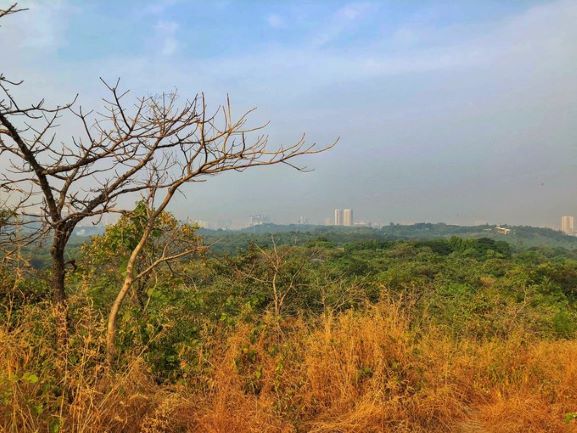Will Environment Crime Have a Field Day During Lockdown?

As the country enters day three of its lockdown, it’s clear that the whole focus of the country in the near future is going to be on tracking the movement of people, more than goods. More importantly, issues such as ensuring that the poorest are fed, coordinating relief will be paramount.
Where does that leave the country’s natural resource thieves? By it’s very nature, when it comes to actual exploitation, the locations for these crimes, be it sand mining, timber or local minerals, are well away from urban clusters. On top of that, in some areas, local awareness of the illegality of it, as in the case of sand mining, is muddy at best, where the smuggler involves local labour.
With unprecedented power to stop and search or allow activities back with the police, these are precisely the areas where compromised elements of the forces can be used to allow such goings on.
Not just that, in cases where activists have pledged to file a case against say, tree felling for a mining project, or against a housing project , or even a few trees for a government project, there is a real risk that perpetrators might take advantage of this window, where activists are hampered by the lockdown. Or courts themselves go slow. We have already seen a distressing frequency to presenting the courts with a fait accompli, in the form of the deed that was sought to be prevented being already done, when it comes to the environment.
In such a situation, it is critical that the relevant authority takes the aid of technology, as well as feet on the ground, to check for violations of the law. Be it drone surveys in sensitive regions, or more intense patrolling by forest guards, there is a genuine need to ensure status quo is maintained.
As the custodian of the country’s natural wealth, we must remember that it was an attitude to consider all flora and fauna as ‘resources’ in China that led to the Coronavirus itself. India can, and should continue to, do much better.




